The production, distribution, and processing processes that form the cornerstone of the European steel sector are under serious threat due to the effects of deindustrialization. The steel value chain, which is of vital importance for Europe's strategic autonomy and industrial base, is at a critical juncture in terms of resilience, competitiveness, and long-term sustainability.
EUROMETAL and EUROFER have issued a joint call for strong trade measures targeting steel derivatives to be implemented immediately in response to this situation. The primary objective of the two organizations is not to halt imports but to create a balanced trade environment that does not threaten the sustainability of EU-based steel production and processing activities.
Increased imports threaten employment and investment
EUROMETAL and EUROFER point out that steel-based products from outside the European Union are entering the internal market without being subject to protective measures, and that this situation is beginning to replace products manufactured in the EU. In particular, imports of certain products for the energy sector have reached up to 50% of EU consumption. This is leading to job losses in the European manufacturing industry, a decrease in R&D investments, and further decrease in domestic steel production.
The organizations emphasize that sectors leading Europe's green transition are facing difficulties due to this unbalanced competitive environment and state that the Steel and Metals Action Plan must be aligned with the goal of protecting industrial capacity and skilled employment across the EU supply chain.
Trade policies could worsen carbon leakage
EUROMETAL and EUROFER note that the Action Plan correctly identifies the risk of carbon leakage spreading throughout the value chain for products covered by the EU's Carbon Border Adjustment Mechanism (CBAM). However, the organizations highlight a similar risk in trade policies, warning that exempting products in lower segments from trade protection could lead to greater harm deeper in the supply chain.
Indirect exports from China and Southeast Asia are increasing
According to OECD data for 2024, while there has been a record decrease in direct steel exports from China, there has been a rapid increase in indirect steel exports – in the form of processed or finished products – from many regions, primarily China, South Asia, and ASEAN countries.
“Europe's steel ecosystem must be protected”
EUROMETAL and EUROFER emphasize the critical importance of protecting a resilient, competitive, and integrated European steel ecosystem. Strengthening all links in the steel supply chain is a fundamental requirement to ensure Europe's access to high-quality raw materials, support the decarbonization of industry, and ensure that the green-digital transition is carried out fairly.


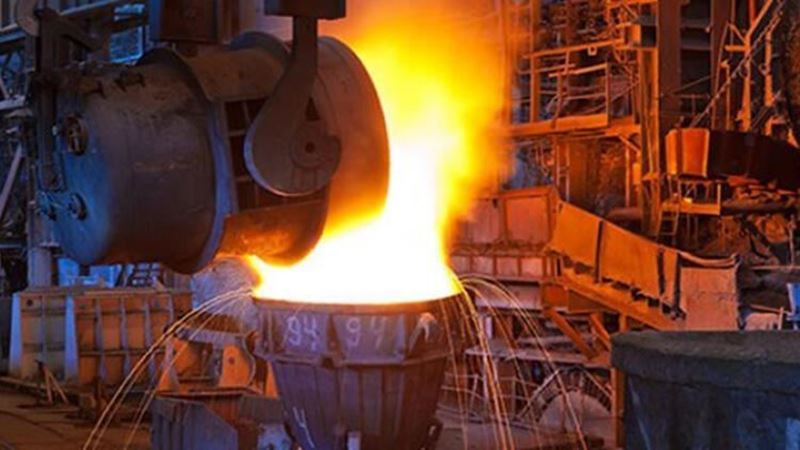
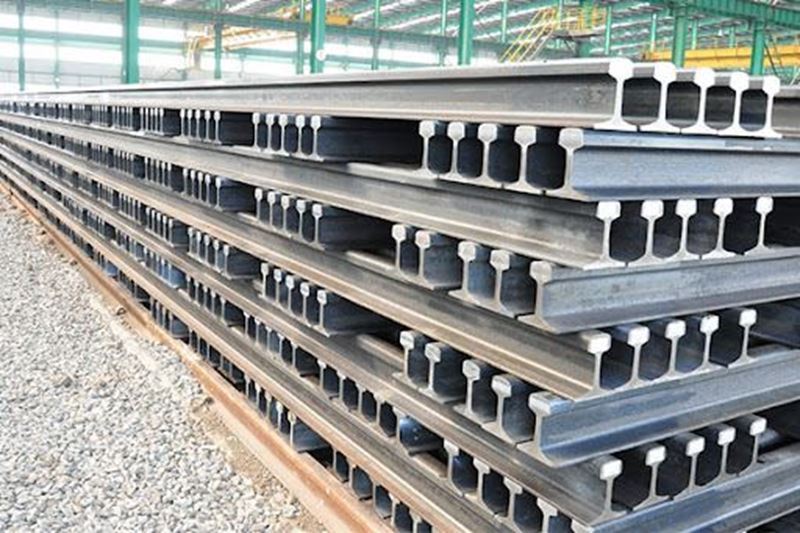
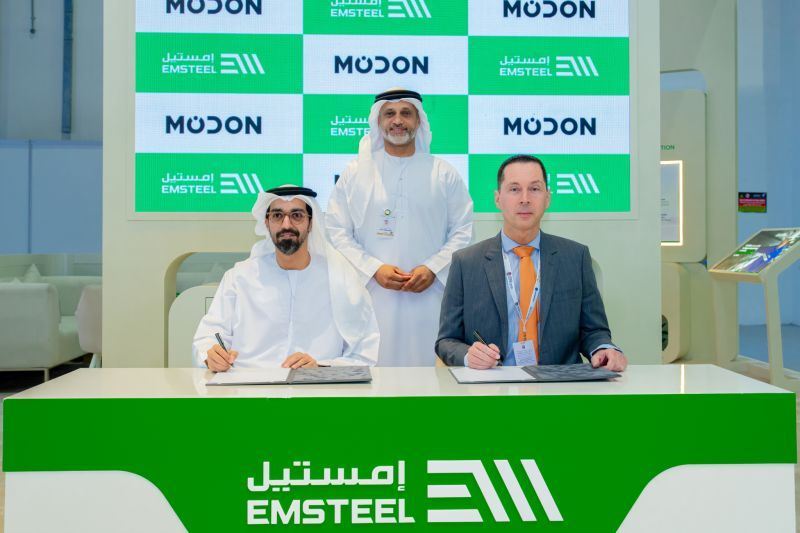
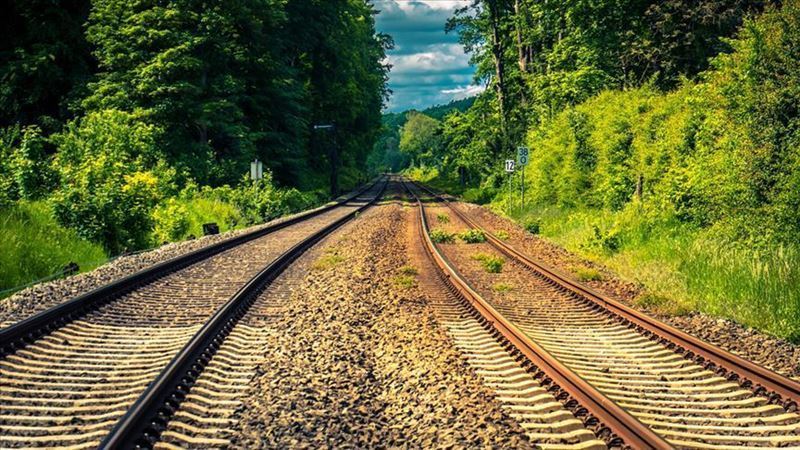
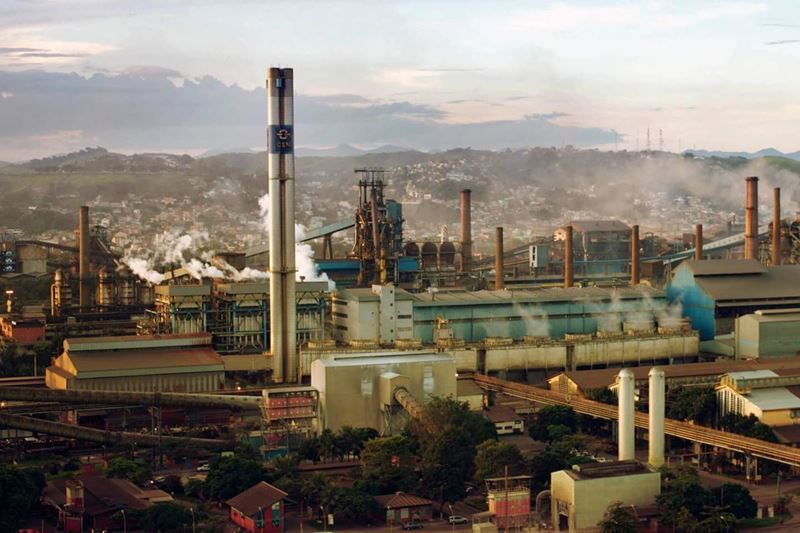
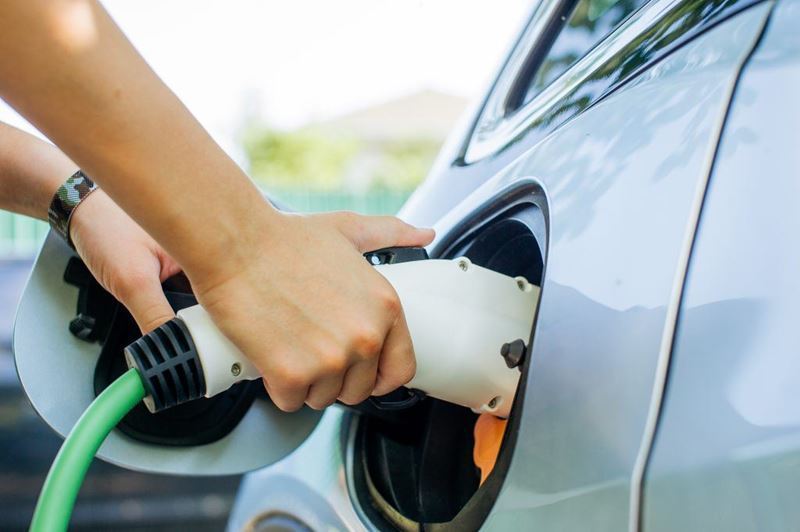


Comments
No comment yet.